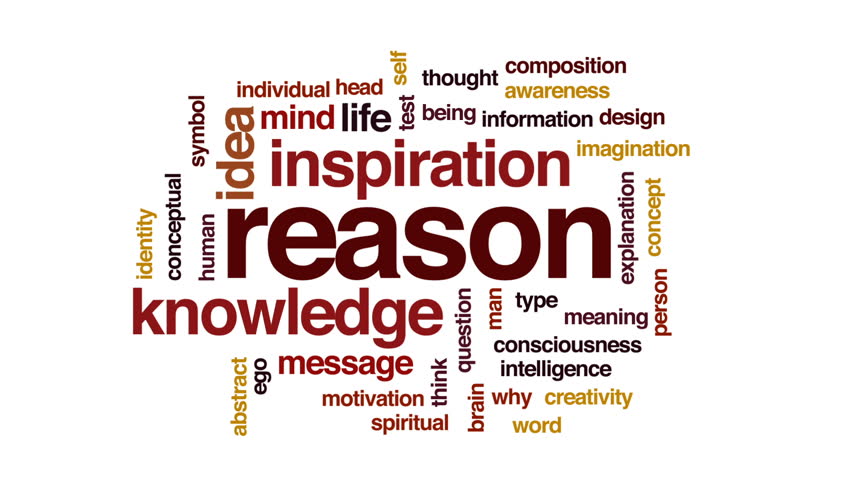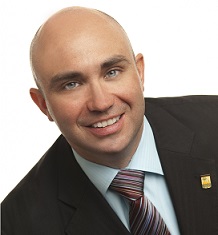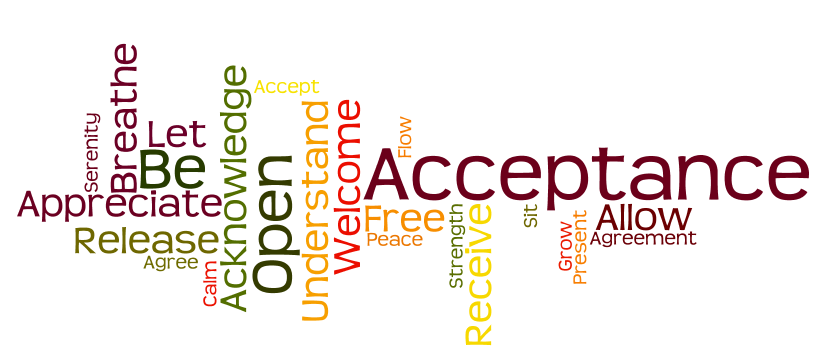
As I reflect on the past 13 years I reflect on the stages of my own evolving consciousness that I have had to go through – sometimes once, sometimes over and over and some right now. I hope what I have learned may help you.
REASON
Human beings possess the most wonderful of all gifts—reason with its keen insight into the remote past and the future, its penetration into the sphere of the unknown, its world of dreams and fantasy, creative solutions to practical and theoretical problems and the realization of the most daring plans.
It is common to think that emotions interfere with rational thinking. Plato described emotion and reason as two horses pulling us in opposite directions. Modern dual-systems models of judgment and decision-making are Platonic in the sense that they endorse the antagonism between reason and emotion. The activities of one system are automatic and often emotional, whereas the activities of the other are controlled and never emotional. The automatic system gets things done quickly, but it is prone to error. The controlled system’s mission is to keep a watchful eye and to make corrections when necessary. Like a watchful parent, this system reins in our impulses and overrides our snap judgments.
Reason helps you to begin to think clearly and rationally. You now have the discipline and the pro-activity to fully exploit your natural abilities. You’ve reached the point where you say, “Wow. I can do all this stuff, and I know I must put it to good use. So what’s the best use of my talents?” You take a look around the world and start making meaningful contributions.
Emotions can be powerful experiences, but they usually do not last long. They sometimes make us do things we later regret. By transforming goals and desires in the heat of the moment, emotions can lead us to make choices that hurt our long-term interests. Doing something that you do not want to do is one of the hallmarks of irrationality – hence, emotions make us irrational.
The struggle of reason against emotion is an appealing image. But do emotions always lead us astray? Clearly, one of their functions is to guide us towards pleasure and away from pain. To succeed in gaining what is good and avoiding what is bad is difficult in an uncertain environment.
Many actions we perform are executed with a reflex-like inevitability and thoughtlessness. As our brains mature, our neural circuits are made constantly more efficient (through learning) allowing us to take appropriate actions automatically and quickly, without spending extra time pondering alternative courses of behavior. Of course, there are micro-decisions being made constantly but these decisions are constantly being moved closer to the lower level of neural firing decisions. They become more automatic, unconscious, unconsidered, and reflex-like.
Likewise, certain internal patterns of thought and abstract thoughts are also being optimized. Generally, optimizations are useful and good. They speed our ability to think clearly. These optimizations allow us to think in larger chunks. The granularity of our thinking becomes bigger. We can reason through much more complex problems because we don’t need to spend hours on each little step, the way a child must. When a child learns a new pattern of thinking, we traditionally call it a skill. All that has happened is that the child has spent time focusing on some mental chain and has managed to commit it to memory, optimizing the thought pattern into a fixed, automatic chain of reasoning.
Reason encompasses the disciplines of science and medicine, and a desire for knowledge. With reason, the thirst for knowledge becomes insatiable. You don’t waste time in activities that do not provide educational value. You begin to categorize all of life and its experiences into proofs, postulates, and theories. Paradoxically, Reason can become a stumbling block for further progressions as it is difficult to separate the subjective from the objective, and because of that may miss the learning – proverbially failing to see the forest because of being tunnel-visioned on the trees.
 Kevin T. Cahill is an award winning sales professional and consultant specializing in the art of managing change and achieving great results. As the founder of The Change Revolution, this international best selling author and speaker inspires men and women alike. As someone who has mastered the art of resilience and hope, Kevin’s philosophy as a clarity builder is strategic and results driven. Kevin’s passion is to equip individuals and organizations with a renewed sense of clarity and excitement, knowing that positive change will bring about positive gains. His exciting creation The Change Revolution offers a winning blueprint for navigating through change and achieving success.
Kevin T. Cahill is an award winning sales professional and consultant specializing in the art of managing change and achieving great results. As the founder of The Change Revolution, this international best selling author and speaker inspires men and women alike. As someone who has mastered the art of resilience and hope, Kevin’s philosophy as a clarity builder is strategic and results driven. Kevin’s passion is to equip individuals and organizations with a renewed sense of clarity and excitement, knowing that positive change will bring about positive gains. His exciting creation The Change Revolution offers a winning blueprint for navigating through change and achieving success.
Speaking inquiries email bookings@kevintcahill.com or call 519-836-7989.

